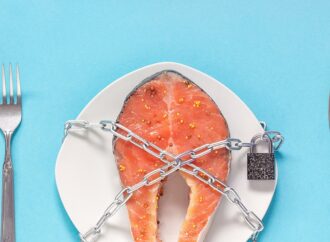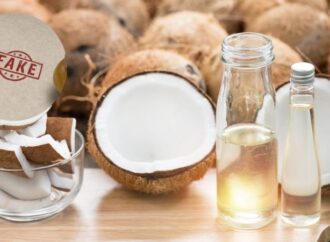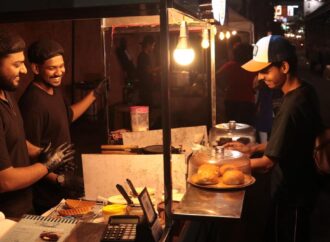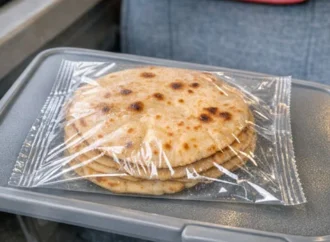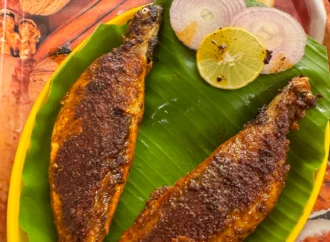Key Update
The way you cook meat does more than add taste—it can affect your health. Dr. Cyriac Abby Philips, also known as The Liver Doc, warns that frying, grilling, or roasting meat at high heat can form harmful chemicals. Over time, these substances may increase the risk of fatty liver, cancer, inflammation, and other metabolic problems. In India, this applies to everyday cooking styles—tandoori, bhuna, pan-fried, or deep-fried meats can create these risks if cooked too hot or charred.
Harmful Compounds Formed by High Heat
High-temperature cooking triggers chemical reactions that produce dangerous substances:
-
Heterocyclic amines (HCAs): Form when creatine in meat reacts with amino acids and sugars above 150°C. HCAs are carcinogenic and can increase cancer risk over time.
-
Polycyclic aromatic hydrocarbons (PAHs): Form when fat drips onto flames, producing smoke that coats the meat.
-
Advanced glycation end-products (AGEs): Appear when sugars react with proteins at high heat, causing oxidative stress and inflammation.
Gentle Cooking Methods for Safe and Tasty Meat
Dr. Philips recommends low-heat cooking with moisture. Methods like steaming, slow boiling, poaching, or slow-cooking in a handi keep meat safe while minimising HCAs, PAHs, and AGEs. Even pressure cooking with water or stock preserves flavour and health. For modern kitchens, sous vide (cooking in sealed bags in low-temperature water) also works, but traditional Indian methods achieve similar benefits.
Safe Grilling Tips
Grilling is popular in India too—think tandoori chicken or kababs. To reduce risks:
-
Marinate meat: Use vinegar, lime, yoghurt, and antioxidant-rich spices like turmeric, garlic, ginger, coriander, or rosemary. This can cut HCA formation by up to 60–90%.
-
Pre-cook meat slightly: Microwaving or boiling for a few minutes removes some raw compounds that form HCAs.
-
Flip often and trim fat: Avoid charring, and prevent fat from dripping onto flames to reduce PAHs.
-
Cook indirectly: Keep meat away from direct flames when using a tandoor, grill, or pan.
Limit Deep-Frying and Air-Frying
Deep-frying at 180–190°C produces oxidised fats and high levels of HCAs and AGEs. Air-frying is slightly better but still forms some harmful compounds. Dr. Philips suggests keeping fried foods like pakoras, chicken, or fish occasional, no more than once every two weeks. High-heat oil cooking stresses the liver and fuels inflammation, raising the risk of fatty liver and other metabolic issues.
Simple Steps for Healthier Meat in Indian Kitchens
-
Use low-heat, moist cooking: Steam, poach, slow-cook, or use a handi with water/stock.
-
Marinate with spices: Include turmeric, garlic, ginger, lime, coriander, and other antioxidant-rich ingredients.
-
Avoid charring and trim fat: Especially during tandoori, grilling, or bhuna-style cooking.
-
Limit deep-fried meals: Reserve pakoras, fried chicken, or air-fried foods for occasional treats.
Bottom Line
By adjusting heat, moisture, and cooking methods, you can keep meat tasty while protecting your liver, heart, and overall health. Smart cooking reduces the long-term risks of fatty liver, inflammation, cancer, and cardiovascular stress. In short, delicious meals and good health can go hand in hand—even in Indian kitchens.
Source: Times Entertainment
 Food Manifest
Food Manifest 
